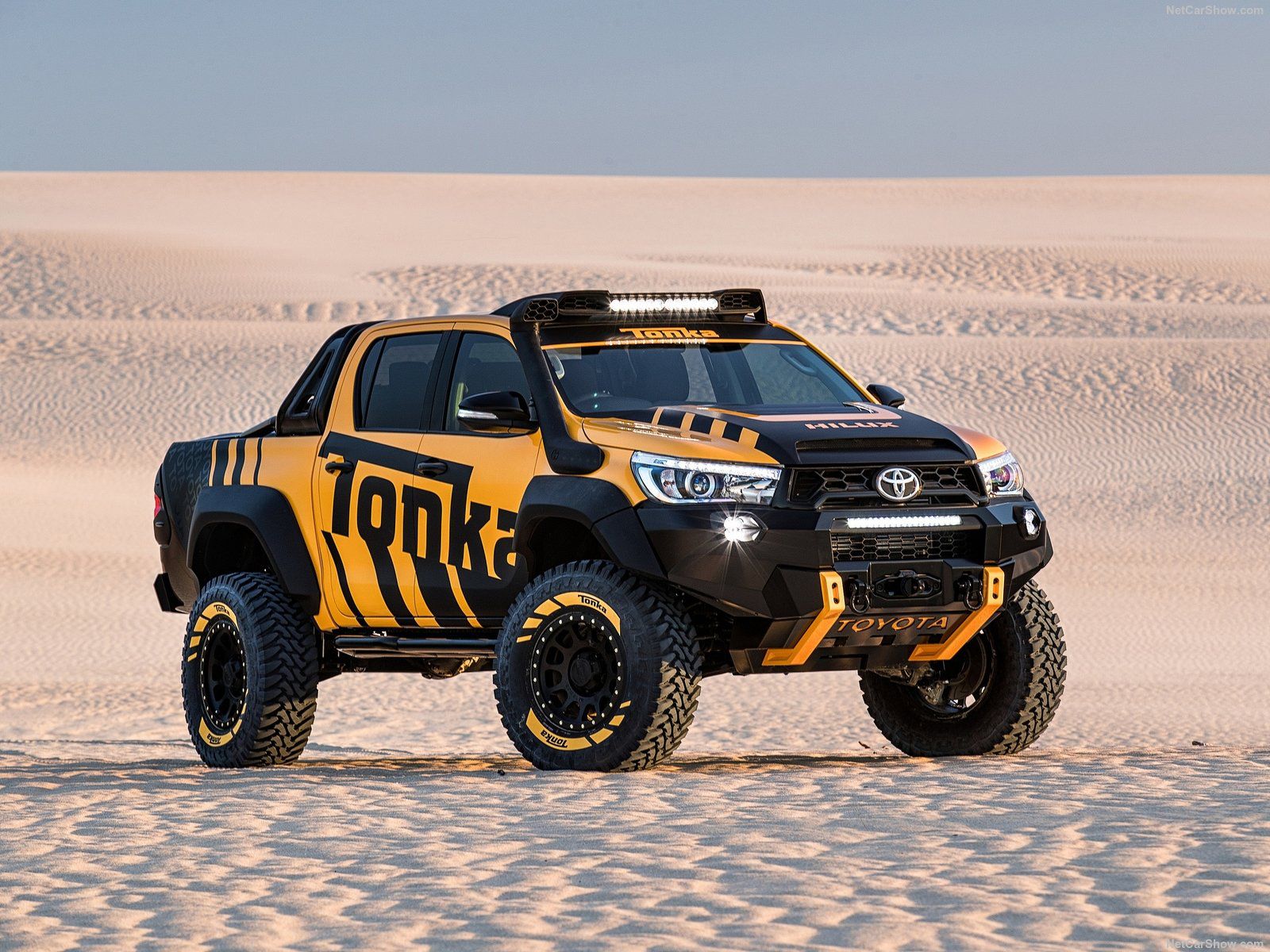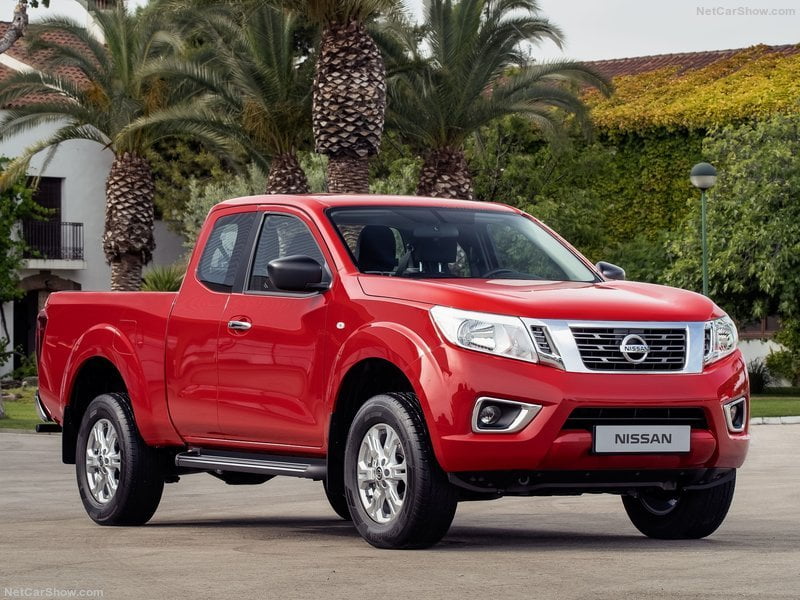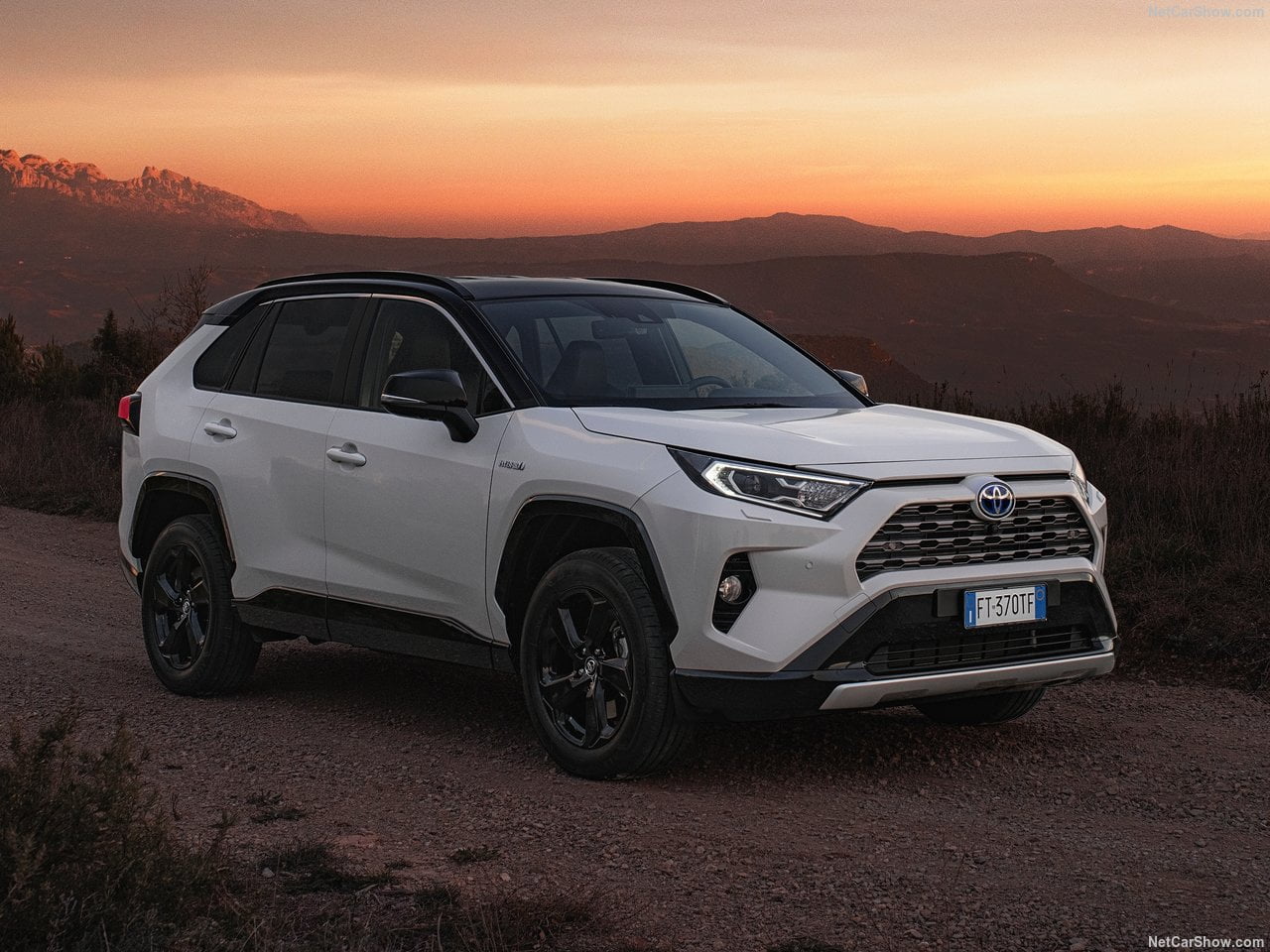Sudan Car Market in the 2017 has lost 24.2% at the lower level in the last 10 years despite the country is attempting to develop a non-oil source of revenue, after the South region secession. Toyota dominates with near 50% of market share.
Sudan North has experienced protracted social conflict, civil war, and, in July 2011, the loss of three-quarters of its oil production due to the secession of South Sudan. The oil sector had driven much of Sudan’s GDP growth since 1999. For nearly a decade, the economy boomed on the back of rising oil production, high oil prices, and significant inflows of foreign direct investment. Since the economic shock of South Sudan’s secession, Sudan has struggled to stabilize its economy and make up for the loss of foreign exchange earnings. Sudan is attempting to develop non-oil sources of revenues, such as gold mining and agriculture, while carrying out an austerity program to reduce expenditures. The country is the World’s largest exporter of gum Arabic.
Sudan car market is mainly populated by import of used vehicles, representing near 90% of total vehicles sold each year. For this reason, the new vehicles market appears to be resilient at the economic changes and at the effects of the civil war. In recent years, total market hit the highest level, at 3.500 units in 2012 and in 2015, while in the last two years declined at 2.500.
| Sales 2012 | Sales 2013 | Sales 2014 | Sales 2015 | Sales 2016 | Sales 2017 | Sales 2018 e | |
|---|---|---|---|---|---|---|---|
| Car+LCV | 3.504 | 2.496 | 3.091 | 3.500 | 3.304 | 2.500 | 2.577 |
| 2012 Var | 2013 Var | 2014 Var | 2015 Var | 2016 Var | 2017 Var | 2018 var e | |
|---|---|---|---|---|---|---|---|
| Car+LCV | -7,8% | -28,8% | 23,8% | 13,2% | -5,6% | -24,3% | 3,1% |
The market leader is – by far – Toyota, able to deliver in the 2017 over 1.200 units, or the 48.4% of market share. Behind, the top producers of pick ups, Isuzu, Hyundai, Mitsubishi and Nissan.











